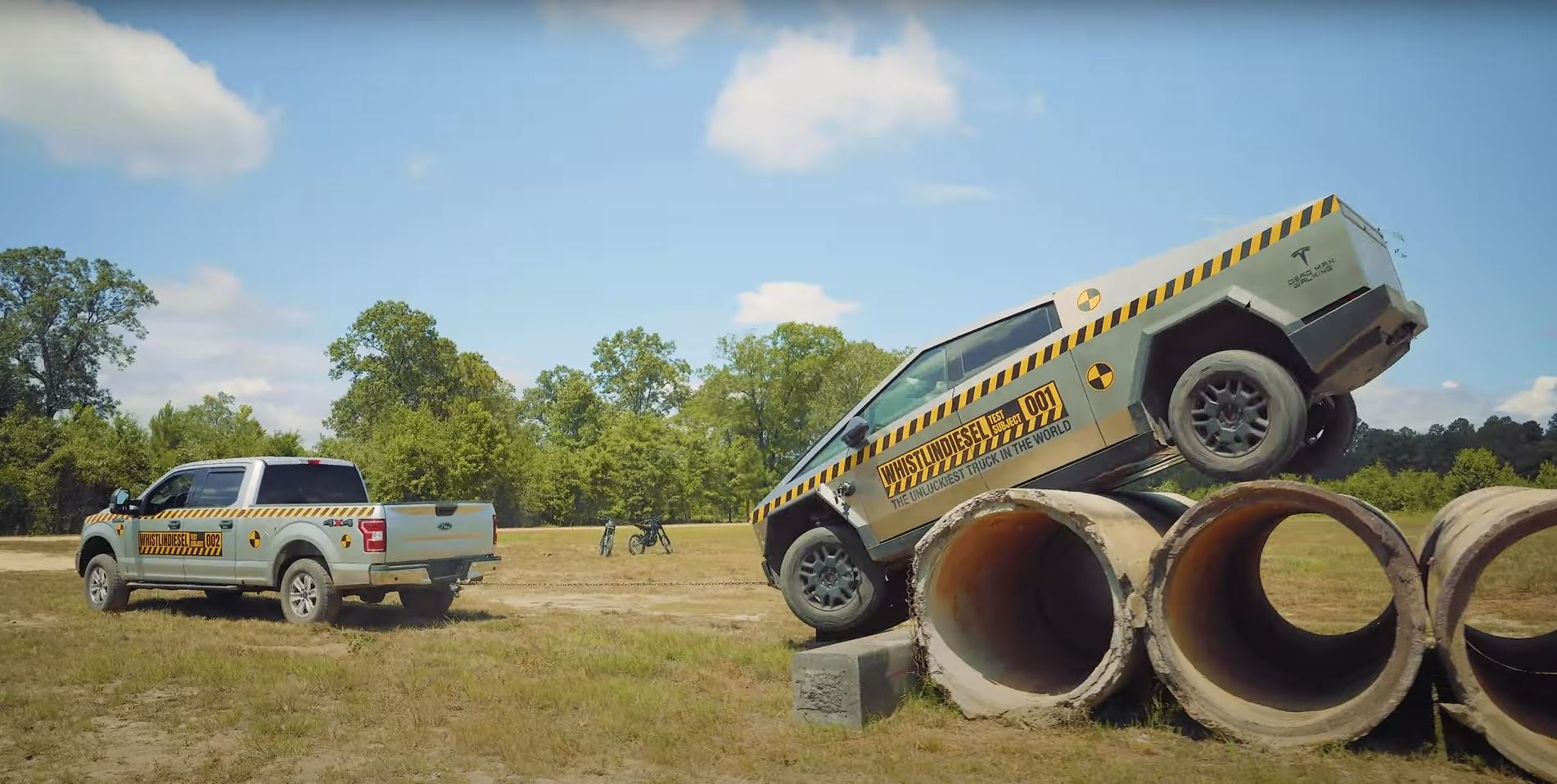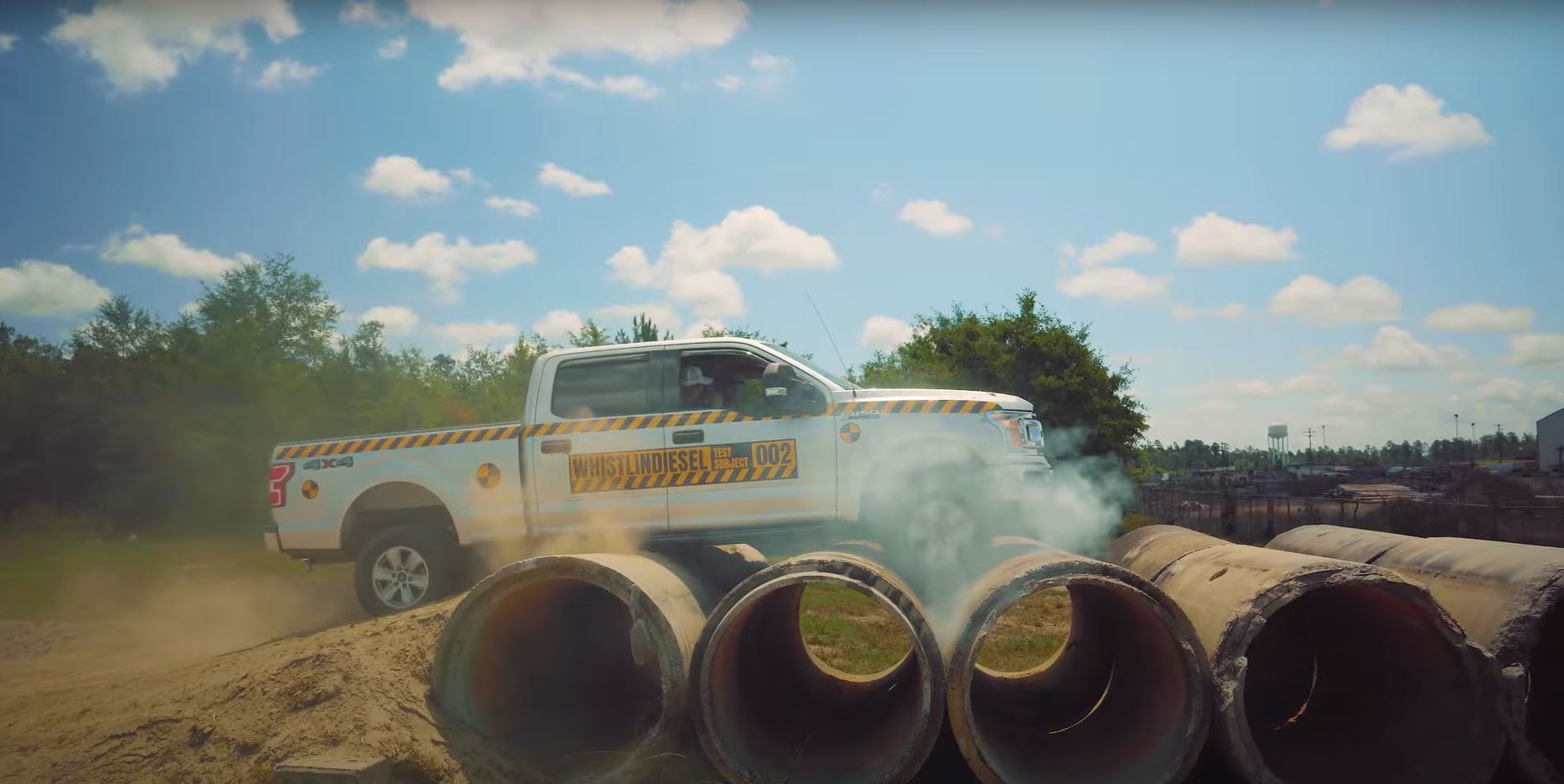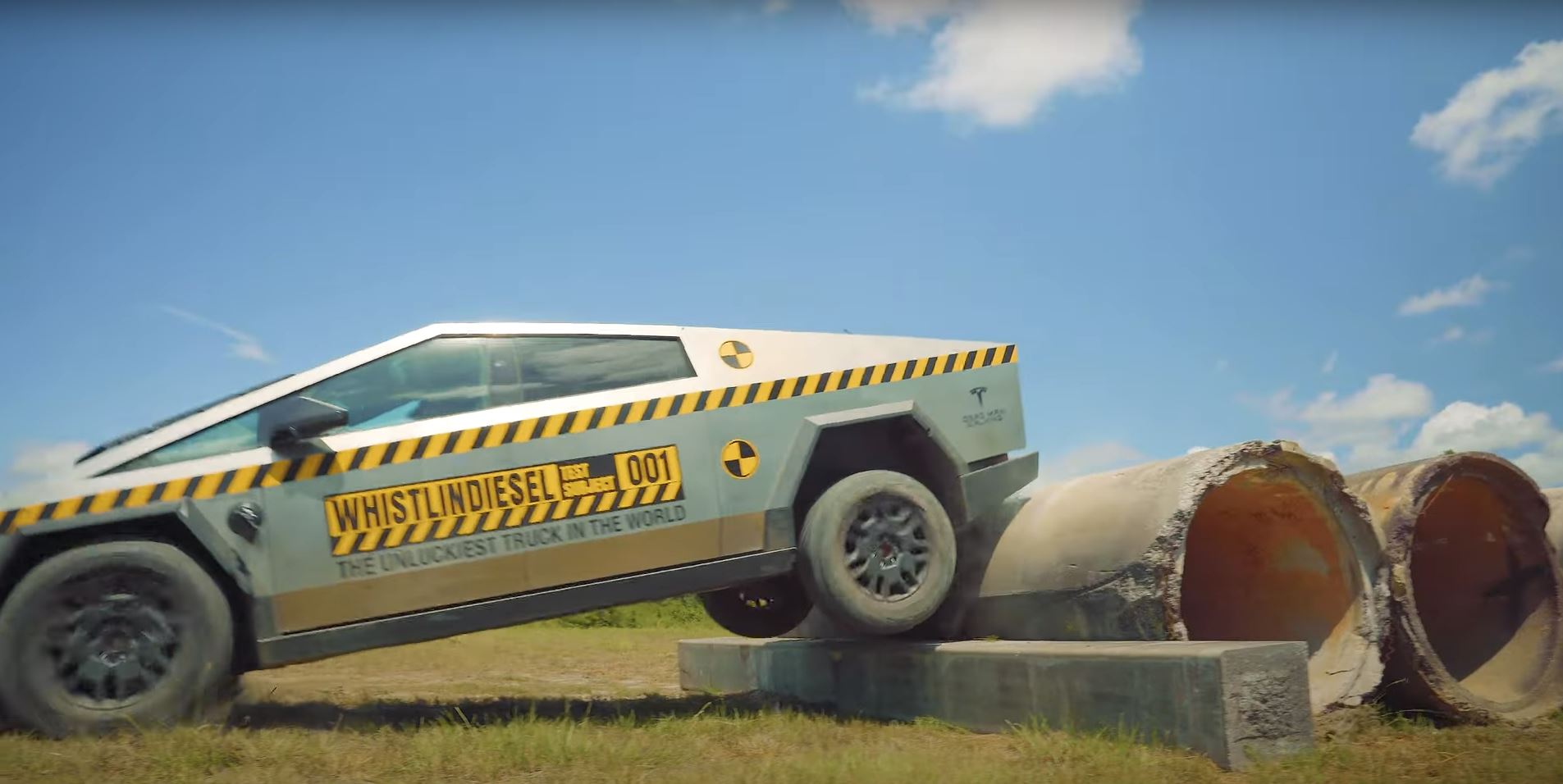The Tesla Cybertruck, a vehicle synonymous with innovation and disruption, has recently encountered a significant challenge to its reputation for durability. In a widely publicized experiment conducted by YouTuber Cody Detwiler, the electric pickup truck’s frame catastrophically failed during a towing attempt.
While Detwiler is known for his extreme vehicle testing, the Cybertruck’s inability to withstand the stress of this particular challenge has raised serious concerns about its structural integrity. The incident, which involved pulling a stuck Ford F-150, resulted in a complete fracture of the Cybertruck’s frame.

Given the vehicle’s advertised towing capacity of 11,000 pounds, this failure is particularly alarming. The event has cast a shadow over Tesla’s claims of ruggedness and durability, qualities that are essential for a vehicle marketed as a versatile workhorse.
As the electric vehicle market continues to mature, incidents like this underscore the importance of rigorous testing and engineering in ensuring the safety and reliability of these groundbreaking vehicles.
The YouTuber who attempted the rescue with a Cybertruck is adamant that the vehicle’s failure was an anomaly, insisting that any standard truck could have handled the situation without damage. The vehicle’s owner, Detwiler, defends the truck’s design, highlighting the necessity of its steel core for such a strenuous task.

This manufacturing technique, employed for the Cybertruck’s exterior panels, has been linked to cracks in some Model Y units, a phenomenon Tesla attributes to “discontinuities.” Tesla’s repair manual explicitly warns against straightening the Cybertruck’s frame, citing potential structural compromise.
Nevertheless, the numerous instances of successful towing involving Cybertrucks suggest this might not be a pervasive issue. Further investigation into the specific circumstances of this incident could provide more clarity on the factors contributing to the truck’s failure.

